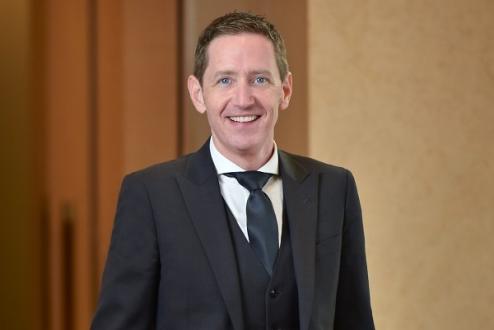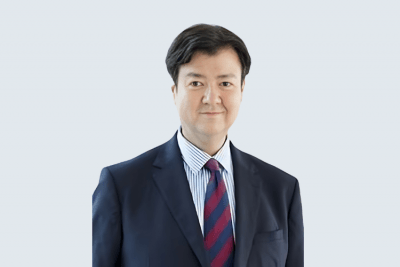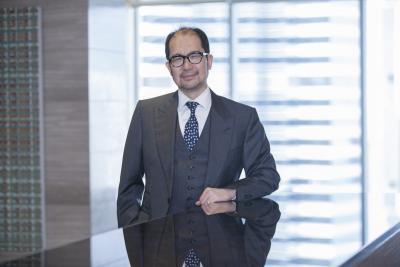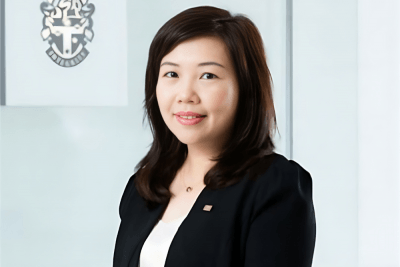Wealth Solutions & Wealth Planning
US Attorney John Shoemaker on Speaking True when it Comes to Helping Clients Plan for Investment Migration
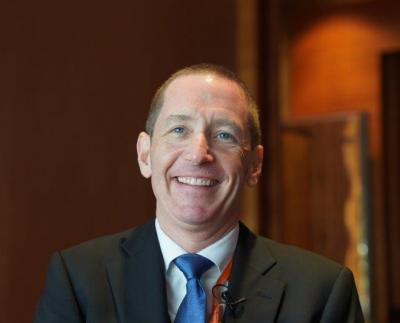
May 24, 2022
John Shoemaker, a Registered Foreign Lawyer for US law firm Butler Snow in Singapore, is an expert on regulation, compliance and good practices and has forged his career by offering robust, timely advice to wealth management intermediaries and their private clients. He joined our Hubbis Digital Dialogue event on May 5 that focused attention on the many personal, financial and regulatory issues around investment migration, which is increasingly popular for wealthy Asian private clients and, surprisingly, for the US and other developed country clients diversifying their residence options overseas. He offered delegates some valuable insights into the core trends and key issues around investment migration, especially with regard to the US. We have summarised some of his views in this short report.
John opened his observations by responding to an earlier comment by an investment migration expert that in the past several years, and especially since the pandemic hit, there had been an especially robust appetite for investment migration into the US amongst Asian clients and from the US into Asia.
“It actually continues to amaze me that, despite all of the associated complexity, despite all of the high taxation implications, we still see a huge interest in people taking up US residence,” he told delegates. “Hopefully, these people are nowadays properly prepared for all the ramifications, and not surprised to obtain EB5 or a Green Card and only then realise they were henceforth subject to worldwide taxation.”
Regulatory tightening ahead
He explained that his firm had seen a lot of demand for pre-immigration help prior to US residence applications. He reported that there are, however, some issues involved that do not receive enough attention.
He explained, for example, that the Treasury Inspector General in the US had fairly recently concluded an audit of the IRS and came up with the conclusion that FATCA as a regime had failed to help improve the IRS’s ability to identify and collect tax. Moreover, the report concluded that the IRS was not using the data as they should have to penalise folks who are not in compliance either with the FATCA regime itself or with the end taxes that might be owed.
“The IRS is therefore feeling somewhat chastised internally, and they are, as a result, becoming more proactive now in going after financial institutions outside the US,” John reported. “This is the deputisation knock-on effect from FATCA, the concept that government authorities are effectively deputising banks and financial institutions around the world to be their enforcers, and therefore not need tax officers to chase people. We are seeing more people raising concerns, so the Department of Justice and the IRS are talking to banks in the Asian region about US estate tax exposures, about withholding tax, and making sure that obligations are properly identified.”
FATCA IGA – a major game changer?
Additionally, he said that the Commissioner of the IRS is under pressure from the audit report and had introduced a bill to grant broader powers to the IRS to make reciprocal FATCA a genuine equivalent to CRS.
“Many people that are conducting residence planning right now are sort of arbitraging on the idea that the US is not participating in CRS and is not signed up to automatic global information exchange,” he observed. “But actually, FATCA IGA is reciprocal, and data could be flowing to any country that has signed a reciprocal IGA. Singapore is one such country that has switched to the fully reciprocal IGA. And now, if the US does indeed start to develop one-for-one data exchange, meaning trusts in the US would collect and report data just like trusts outside the US do under both FATCA and CRS, that will be a major game-changer.”
He recalled that when FATCA first came into being, the OECD was then having conversations about implementing their version globally, he had observed repeatedly that never in the history of human development had there been a government or a tax authority that, once they saw assets and associated income or gains, could resist the temptation to tax it.
Take proper advice and take heed
“And this remains true to this day,” he said. “In fact, we now see China making commentaries about a global tax programme similar to the US, and we can see that sort of trend emerging in India, and we are generally seeing countries putting their toes into these waters. This is a major trend, even more so since the pandemic hit. Consequently, it is even more important for anyone contemplating residence alternative to take proper advice, to structure things properly before they take up residence, and then re-visit those structures and their planning every several years. Tax systems are going to be changing drastically over the years ahead.”
John later quipped that as a tax attorney, he might not always be such great company at parties, but he does have a good grasp of the realities around these issues, and he is more convinced than ever that people need to understand and plan for the complexities around investment migration and the value and efficiencies to be gained from taking proper advice and planning right from the start of the process.
Frank and open communication
“When I deal with clients who might be referred to me from banks or other parties, my first step is to have truly frank and open conversations with those clients,” he told delegates.
“There's a perception that delivering difficult news to a client or hiding complexity from them could be a deal killer, that it could put clients off taking the right advice or pursuing a particular course. However, I believe that it is of incredible value that clients are advised clearly of the problems ahead, so they can address those proactively.”
His final comment was that a professional delineation of the key issues and hurdles saves time and money in the future. “Moreover, the right approach earns everyone involved the trust of the clients,” he concluded. “That trust and communication are so essential in the broader context of robust estate planning. We are here as legal experts to help clients overcome complexities. There is only going to be more taxation, more regulation and more oversight. And that is most certainly true in relation to the US.”

Registered Foreign Lawyer at Butler Snow
More from John Shoemaker, Butler Snow
Wealth Solutions & Wealth Planning
Premeditate and Build Pre-emptive Structures says Top Lawyer as the Winds of Tax Change Arrive
Wealth Solutions & Wealth Planning
Leading US Lawyer John Shoemaker on AEOI and the Effectiveness of Information Exchange
Latest Articles


